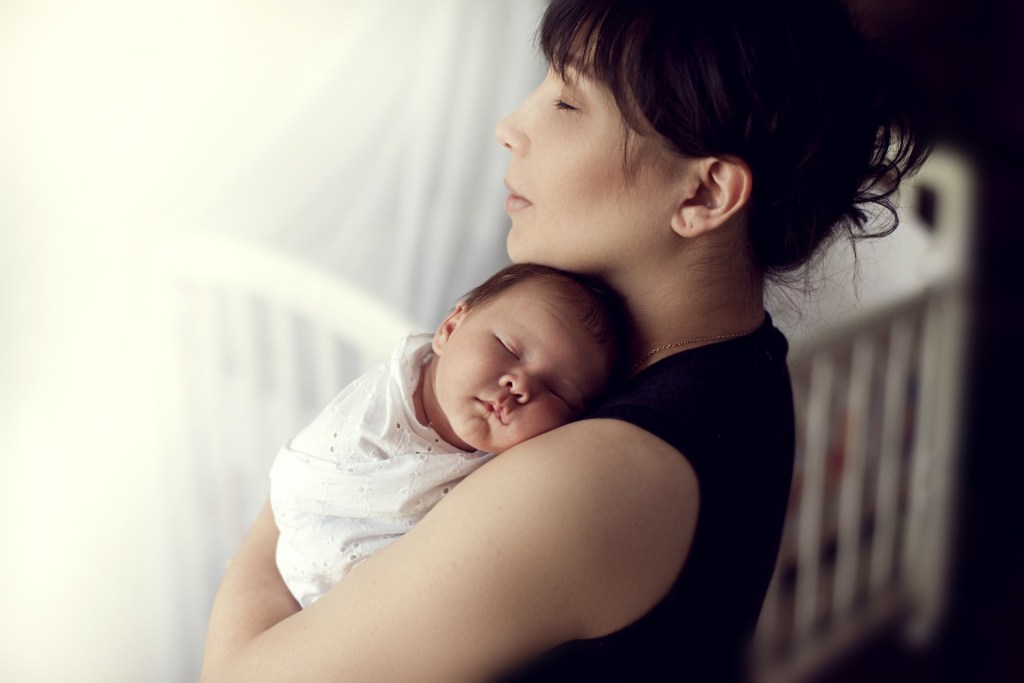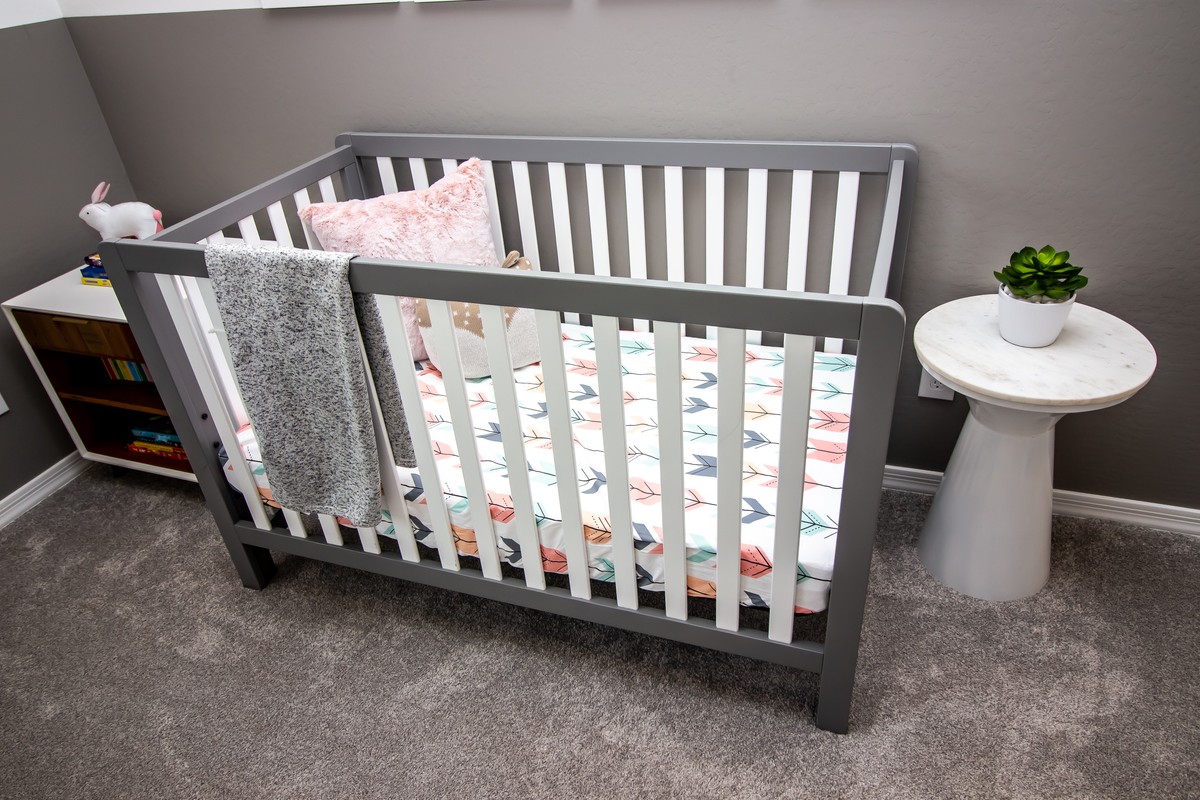Sleep is crucial for babies and their parents, but what is a tired, overwhelmed new mom or dad to do if their baby won’t fall asleep in their crib? After all, there are only so many drives around the block you can do, and having them sleep in your arms is sweet until you start thinking of the endless things you’d like to do when your baby is sleeping. You cherish these bonding moments with your little one; however, you do need to get started on your to-do list. But now comes the transfer from your arms to the crib — when your baby always wakes up. That’s the cumbersome part and every new parent faces this difficulty: Transfer sleeping baby to crib without them waking.
While there are no foolproof solutions, we’ve come up with a few suggestions that may help you successfully transfer your sleeping baby to the crib.
How to transfer a sleeping baby to the crib

The first thing is to ensure there aren’t any distracting sounds that may disrupt your sleeping baby. Cue the white noise! Available as cute stuffed animals, small machines with a night light, and everything in between, a white noise machine will mask any background noise and emit calming lullabies, sea waves, rain, a babbling brook, and more.
Another hack to try is distancing yourself slightly from your baby. Here’s why: If your infant is asleep in your arms, he or she feels warm and snug. If you abruptly transfer them to a cold crib, they will immediately feel the difference in temperature. So, a little while before you’re ready to make the transfer, hold your child away from your body so they can more readily adjust to the temperature change in their room.
You might also wrap them in a shirt that you’ve preheated to help make the transfer a little easier. Some even suggest avoiding eye contact with your little one during the transfer. While it’s hard to resist how adorable they look, this small change in body language will signal to them that it’s time to sleep.
Take your time

Another suggestion is to warm the crib sheets ahead of time. You can place something like a water bottle or heating pad in the crib about 10 minutes before laying your baby down. This can make the transition a little more comfortable. And be aware that your child is very sensitive to smells at this age. In fact, studies show that a baby can recognize their own parents by smell. Make sure you remove any soiled clothing, diapers, or other items that have an unpleasant odor from the room.
Don’t try to make the transition from your arms to the crib suddenly. Slowly and gently lower your sleeping baby onto the mattress and then slowly pull away your fingers from beneath. Softly stroke their back or tummy and hum a tune. Give them time to adjust to their surroundings before you leave.
Is your baby really asleep?

Before you go stare down that huge pile of dirty laundry, make sure your baby is in a deep sleep. One of the most popular methods to determine this is the floppy arm test: Lift your baby’s arm and then drop it. If it limply falls back down, then you’ve achieved your goal! However, if it is stiff when you lift it, you have a little more work to do.
Another telltale sign is if your baby’s eyes dart under the lids; it is a sure sign that they are in the REM stage. You can also check to see if their breathing is deep and relaxed. That’s usually a good sign that they’re having sweet dreams!
Why should your baby sleep on their own?

A lot of new parents feel guilty putting their baby down to sleep in a crib, especially if their baby cries and fusses as soon as they’re out of their arms or the car seat. Although your baby may seem more comfortable in your arms or sleeping in a swing or bouncer, that may not be safe for them.
The AAP notes that babies should sleep on their backs, on ” a firm, noninclined sleep surface.” They also recommend “room-sharing without bed-sharing” and the “avoidance of soft bedding and overheating.” It can often seem easier and more comforting for your baby to hold them while they sleep, but studies show that babies older than 4 months sleep for longer stretches when they sleep in their own room. Another reason to not feel guilty about putting your baby down to sleep in their crib!
So, if you’ve tried all these hacks and your baby still wakes up when placed in the crib, wait about 20 minutes and then try again. This time around, try waiting 30 minutes before you transition your sleeping baby from your arms to the crib. This gives them time to go into a deep sleep, and they’re less likely to wake up once you put them down. Worst-case scenario: Play soothing lullabies on your iPhone, grab another cup of coffee, and settle down with a magazine. You may be here a while!




